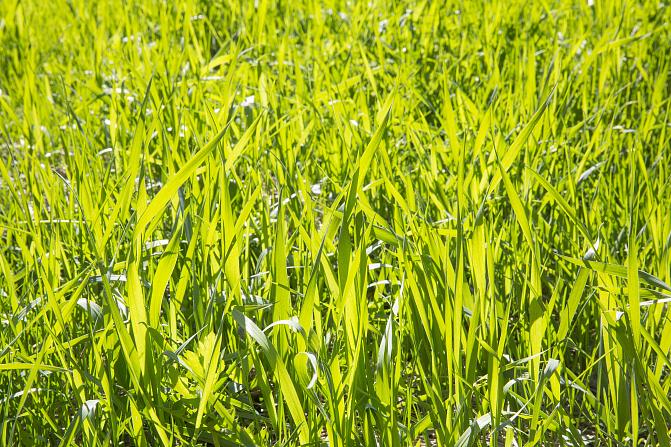
Access to carbon flux research platform
On this page
The NorMi research platform (9.7 hectares) is a drained mineral soil field where the environmental impacts of cultivation are monitored throughout the year. NorMi offers the opportunity to participate in long-term greenhouse gas research.
The platform enables research in northern conditions on topics such as the impact of cultivation practices on greenhouse gas emissions, the effects of climate change and adaptation to it, and carbon sequestration.
The research platform is intensively monitored with sensors and data loggers that track environmental parameters supporting greenhouse gas (GHG) datasets. For example, the groundwater level is measured continuously. In the center of the field is the Natural Resources Institute Finland’s eddy covariance tower (CO₂, N₂O, CH₄), which continuously measures GHG emissions and weather data year-round. Evaporation is also measured on the plot.
NorMi is part of both the national INAR RI Agriculture research infrastructure and the international AnaEE ERIC network, enabling seamless international collaboration and data exchange.
Through the research barn at the Ruukki infrastructure, grass and forage cultivation can be linked to animal feeding, allowing comprehensive studies on feed and beef production. The NorPeat research platform, which is part of the same crop rotation as NorMi, enables comparative environmental impact studies on peat and mineral soils.
Additional services are available but must be booked in advance (e.g., various scales, drying ovens, plant choppers, freezers, cold storage, etc.). The platform also allows for custom equipment testing.
Sample collection
- Continuous greenhouse gas emissions.
- Groundwater level.
- Weather data.
- Evaporation measurements.
Target groups
Researchers, research groups, research communities, research networks, research projects, research organizations, companies.
Access type
- Physical, remote or hybrid access.
- Minimum reservation duration: 1 week.
Service usage restrictions
- Importing plant diseases, pests, and GMO plant material into the area is only allowed in accordance with legislation and through separate case-by-case negotiations.
- Importing harmful invasive species is prohibited, and the import of other non-native species must be agreed upon separately.
- Use of chemicals must be negotiated separately (only permitted substances or those approved for testing).
- Plant health of plant materials brought in from elsewhere must always be verified with plant health certificates.
- Research must not cause long-term harm or reduce the usability of the infrastructure after the study period.
- The area is drained, and all modifications must occur above the drainage system.
Information to support the application
- Desired soil type, peat thickness, crop species, fertilization, plant protection, number of harvests, and timing of harvests.
- Soil and vegetation samples to be analyzed, including sample quantities per plot.
- Description of plot-specific treatments if different treatments are planned for different plots.
- Requests for irrigation per plot and desired groundwater level.
